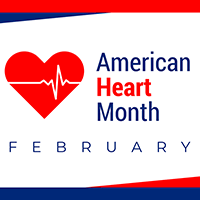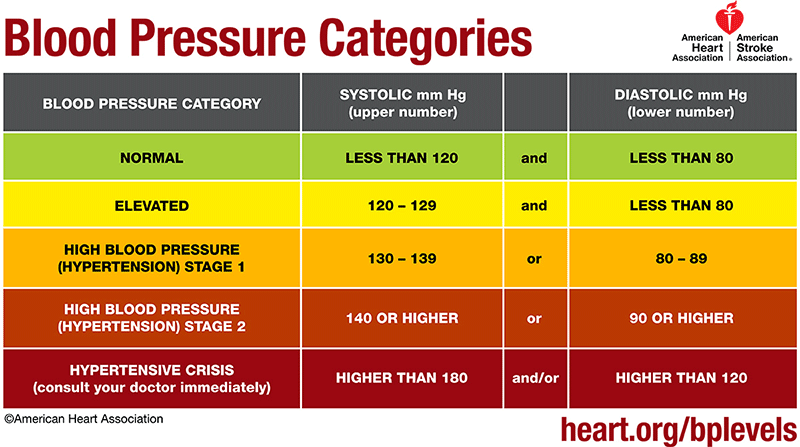
February is all about the heart – but not just Valentine’s Day, it’s American Heart Month, a time to focus on the importance of the organ that keeps you going every day.
A healthy heart can mean a long and healthy life. And there are many ways to keep your heart in tip top shape. Good nutrition, daily activity, and avoiding risks such as smoking, are some. It is equally important to understand your risks and family history to make sure that you can address any issues to stay healthy.
The CDC reports that heart disease can happen at any age, not just in old age and there is a trend of it occurring in younger adults more often.
Risks Factors
Family History: Genetics play a role in heart health. “It’s important for patients to share with their doctor if they have a family history of heart disease. You and your doctor can have a discussion about ways to lower your risk of a heart disease,” said Jennifer Trieu, MD, Family Medicine, Greater Roslindale Medical and Dental Center.
High blood pressure: Before we discuss the dangers of high blood pressure, it is important to understand what your numbers mean. Your blood pressure is recorded as two numbers, systolic and diastolic. Systolic indicates how much pressure your blood exerts against your artery walls as your heart beats. Diastolic indicates how much pressure your blood exerts against the artery walls while the heart is resting between beats. This chart from the American Heart Association illustrates blood pressure categories and numbers. Understanding your results is the key to controlling high blood pressure if you have it.

High cholesterol: High cholesterol increases your risk of heart disease. Cholesterol helps build new cells, insulate nerves, and produce hormones. If you have too much cholesterol in your blood, it builds up in the walls of your arteries, in turn these passageways become narrow and the blood flow from the heart muscle is either slowed down or blocked. Cholesterol can come from the food you eat, but genetics can play a role in high cholesterol.
Smoking: Smoking damages the blood vessels and can cause heart disease. If you are a smoker, it’s a good time to quit and if you don’t smoke, don’t start!
Take Control
Be active
Physical activity is one of the best things you can do for your body and your heart. According to the CDC, only one in five adult meets that physical activity guidelines of getting 150 minutes of moderate intensity activity a week. “One of the best things you can do to help maintain a healthy heart is regular exercise. Walking is a great way to get regular exercise. You can walk in your neighborhood, in the mall or at your local YMCA or gym,” Dr. Trieu says.
Make Good Nutrition Choices
Good nutrition affects heart health. Increase your intake of fresh fruits and vegetables and limit foods high in fat or those that contain trans fats.
Watch Your Weight
When you’re active and practice healthy eating habits, you lower your risk of diabetes and/or obesity. Simple steps such as walking more, or incorporating a hobby that gets you outside and moving, can have a great impact on your overall health. “In addition to keeping the heart strong, exercise and physical activity can also help to maintain weight and promote weight loss. Regular exercise increases energy, lowers cholesterol and helps to regulate blood pressure,” Chekesha Carter, RN says.
As always, you should consult with your practitioner about your health and any changes you make. GRMDC welcomes questions and appointments to discuss ways to live an active and healthy life. For more information on heart health, you can also visit The American Heart Association’s website.
